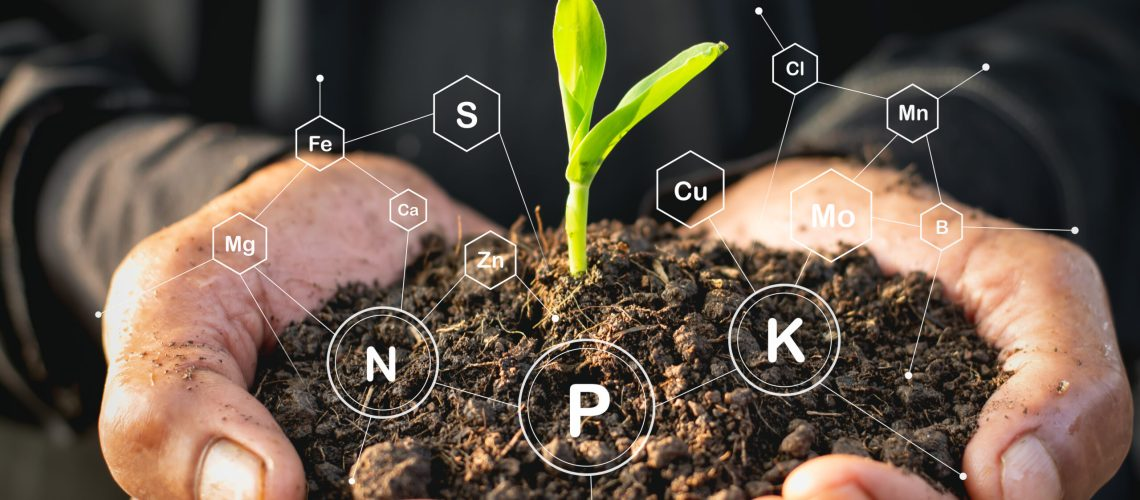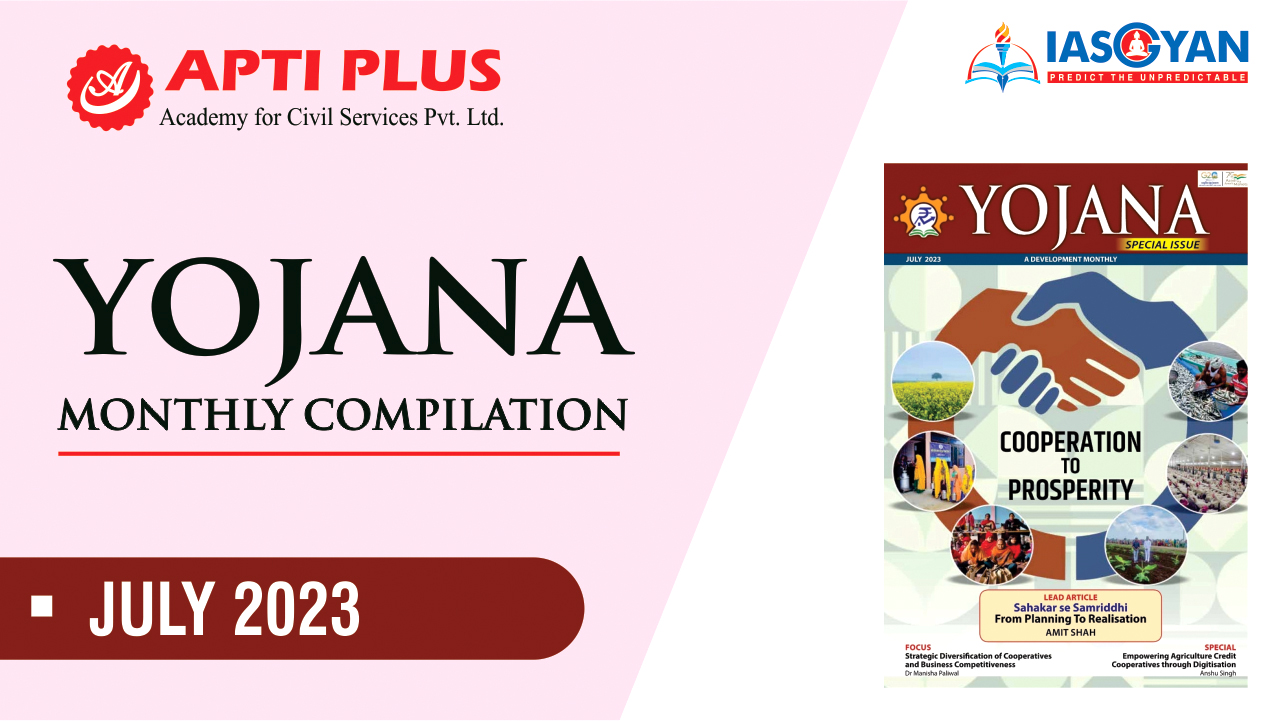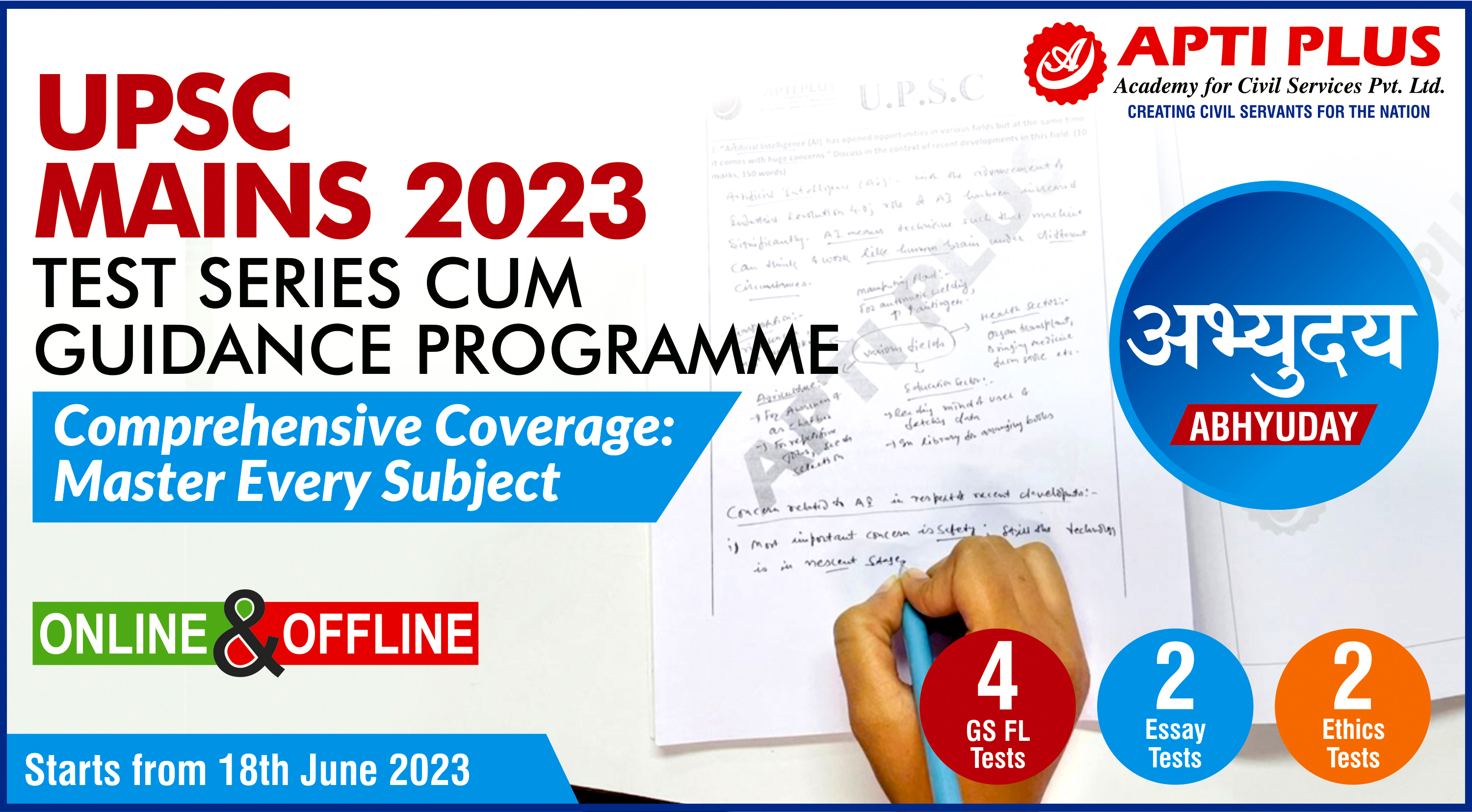Description

Copyright infringement not intended
Context: Bhu-Vision (also known as KRISHI-RASTAA Soil Testing System) is a revolutionary IoT-based automated soil testing and agronomy advisory platform that was recently launched in India.
Details
- Soil is one of the most important natural resources for agriculture. It provides nutrients, water, and support for plant growth. However, soil quality and fertility vary widely across regions and crops. Therefore, it is essential to test the soil regularly and apply appropriate fertilizers and amendments to optimize crop yield and quality. However, conventional soil testing methods are time-consuming, labour-intensive, and expensive. They require collecting soil samples, sending them to distant laboratories, waiting for weeks or months for the results, and interpreting complex reports.
- The traditional methods often fail to capture the spatial variability of soil properties within a field or farm. As a result, many farmers either do not test their soil at all or rely on outdated or inaccurate information. This is where Bhu-Vision (KRISHI-RASTAA Soil Testing System) comes in. It is a novel solution that aims to make soil testing fast, easy, affordable, and accessible for every farmer in India.
Features
- Bhu-Vision (KRISHI-RASTAA Soil Testing System) is a portable device that can be carried to any location and operated by anyone with minimal training. It uses IoT (Internet of Things) technology to connect with a cloud-based server and a mobile app.
- It can perform 12 key soil parameter tests in just 30 minutes using electrochemical sensors and colourimetric methods. These parameters include pH, electrical conductivity, organic carbon, nitrogen, phosphorus, potassium, calcium, magnesium, sulfur, iron, zinc, and boron.
- The device also generates a soil health card that displays the test results in a simple and user-friendly format. The card also provides customized recommendations for fertilizer application and crop management based on the soil type, crop type, and yield goal.
- The card can be accessed by the farmer or any other stakeholder through the mobile app or a web portal. The app also allows the user to store the test data, track the soil health history, compare the results with other locations or seasons, and share the information with others.
Significances
- It enables farmers to test their soil anytime and anywhere without depending on external agencies or intermediaries.
- It helps farmers to save money and time by avoiding overuse or underuse of fertilizers and other inputs.
- It improves crop productivity and quality by providing precise and timely agronomic advice.
- It enhances soil health and sustainability by promoting balanced nutrient management and conservation practices.
- It supports research and development by providing real-time and geo-referenced data on soil conditions across regions and crops.
- It contributes to national food security and agricultural growth by increasing farm income and reducing input costs.
- It reduces greenhouse gas emissions and environmental pollution by minimizing fertilizer runoff and leaching.

Steps Taken by Government
- The Soil Health Card Scheme was launched in 2015 to provide every farmer with a biennial soil health card that contains information on soil fertility status and fertilizer recommendations.
- The National Project on Soil Health and Fertility was launched in 2008 to strengthen the institutional capacity of state governments for soil testing services.
- The Paramparagat Krishi Vikas Yojana was launched in 2015 to promote organic farming practices that improve soil health and biodiversity.
- The Pradhan Mantri Fasal Bima Yojana was launched in 2016 to provide crop insurance coverage to farmers based on soil moisture levels.
- The National Mission on Sustainable Agriculture was launched in 2010 to promote climate-resilient agriculture practices that conserve soil and water resources.
Challenges
- The low awareness and adoption of soil testing among farmers is due to a lack of access, affordability, reliability, or trust in the existing services.
- The inadequate infrastructure and manpower for soil testing laboratories at the district or block level.
- The limited availability and quality of soil testing kits and equipment in the market.
- The lack of standardization and validation of soil testing methods and protocols across states and regions.
- The insufficient coordination and integration of soil testing data and information systems among various stakeholders and platforms.
- The gap between soil testing and fertilizer application is due to a lack of timely delivery, availability, or affordability of fertilizers or other inputs.
- The lack of monitoring and evaluation of the impact of soil testing and nutrient management interventions on crop yield, soil health, and farmer income.
Way forward
- Creating awareness and demand for soil testing among farmers through mass media campaigns, extension services, farmer groups, and incentives.
- Strengthening the capacity and quality of soil testing laboratories and services at the local level through training, accreditation, equipment, and funding.
- Promoting the adoption and innovation of soil testing technologies and devices such as Bhu-Vision (KRISHI-RASTAA Soil Testing System) through research, development, demonstration, and dissemination.
- Establishing a unified and transparent soil testing data and information system that connects all the stakeholders and platforms through a common framework, standard, and protocol.
- Ensuring the availability and accessibility of fertilizers and other inputs based on soil test results through supply chain management, subsidy reforms, and market linkages.
- Implementing a comprehensive and participatory soil health monitoring and evaluation system that measures the outcomes and impacts of soil testing and nutrient management interventions on crop yield, soil health, and farmer income.

Conclusion
- Bhu-Vision (KRISHI-RASTAA Soil Testing System) is a game-changer for India's agriculture sector. It is a smart, fast, easy, affordable, and accessible solution for soil testing and agronomy. It has the potential to transform the way farmers manage their soil and crops. It can also help India achieve its soil health targets and contribute to its agricultural development goals. However, to make this happen, India needs to address the existing challenges and adopt a holistic and collaborative approach that involves all the stakeholders. Only then can Bhu-Vision (KRISHI-RASTAA Soil Testing System) become a reality for every farmer in India.
|
PRACTICE QUESTION
Q. What is the significance of maintaining soil health in agricultural practices, and what are the key challenges and potential impacts associated with deteriorating soil health? How can innovative technologies like Bhu-Vision (KRISHI-RASTAA Soil Testing System) contribute to addressing these challenges, and what are the way forward for ensuring sustainable soil management and agricultural productivity?
|
https://timestech.in/bhu-vision-iot-based-automated-soil-testing-advisory-platform/













